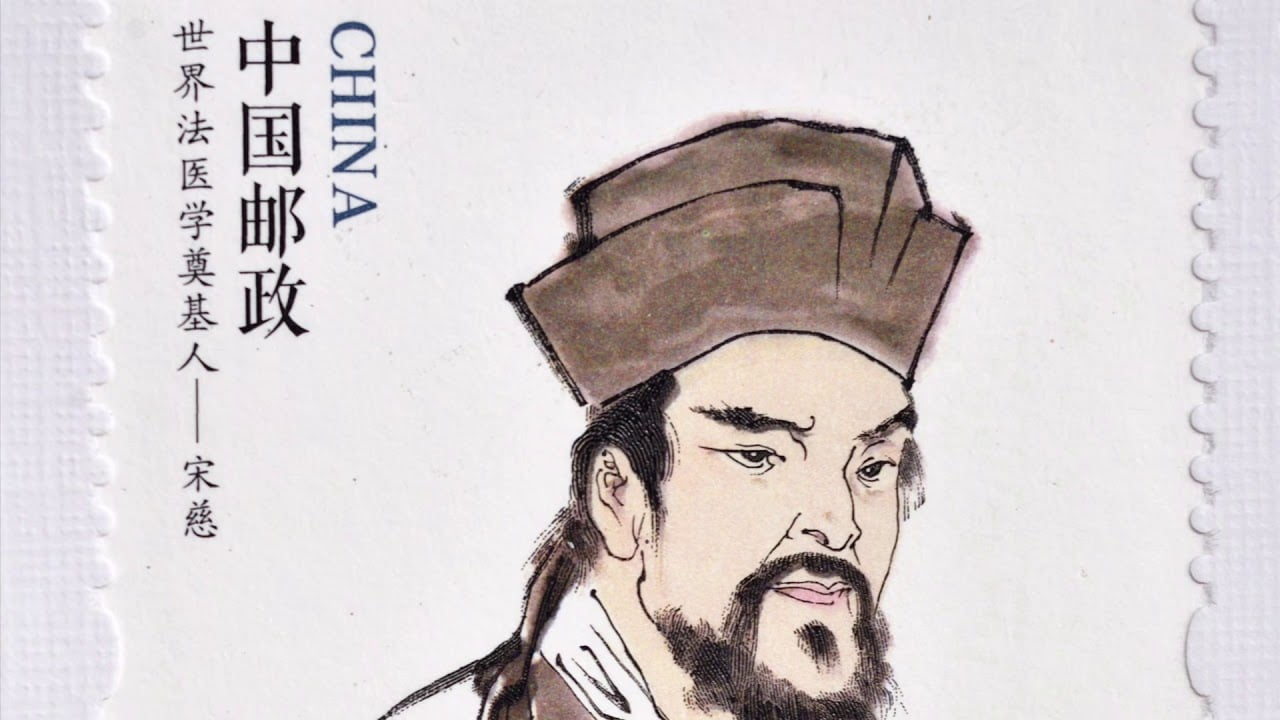If you have ever read a crime fiction novel in your life, you are probably familiar with the little grey cells of Hercule Poirot and Sherlock Holmes. Through their examination of trace evidence, they come up with a conviction of fictional criminals.
But very few people have heard of Song Ci, one of the first to provide step-by-step guide to autopsy and forensic investigagion.
He was a Chinese judge who lives some 700 years ago and personally examined the crime scenes of physical assaults and difficult murders.
In 1247, he published a book in which he explains how to determine which wound was the case of death. His book, “Washing Away of Wrongs” contains the first recorded use of forensic entomology as a means to identify the perpetrator of a crime.
What did Song Ci discover?
One of the most important discoveries was about a dead villager that no one knew the cause of his death. But Song investigated the case and found out exactly what killed him. He said the killer used a sickle. And once Song told the village about the case, the murderer confessed. This is similar to a final scene in a Hercul Poirot novel.
![]()
He solved the case by putting all of the suspects in the sun while flies flew to the killer. They were attracted by the blood and tissue unnoticeable by humans.
Quick Biography
Born in 1186, Song Ci was a Chinese physician, judge, forensic medical scientist, and writer of Southern Song dynasty. Most people know him for being the first forensic entomologist and recording his experience of examining bodies for judicial cases.
Born into a bureaucrat family in Jianyang, this is modern Fujian Province, he served as a presiding judge in the high courts of the Song Dynasty for several terms.
During his time as a judge, he personally examined the crime scenes each time he encountered a difficult case. He had no previous knowledge of forensics. But by combining historical cases of forensic science with his own experience, he made quite a few discoveries.
And he put them all in the book Collected Cases of Injustice Rectified. That book is the oldest known evidence of forensic entomology.
![]()
The book has been translated to English, German, French, Japanese, and other languages.
As we said before, the most important case was the one where a villager was stabbed to death. Ci found out that the wounds were inflicted by a sickle. At the time, sickles were used for cutting rice during harvest time, leading him to suspect that a peasant worker was the culprit.
So, he gathered the villagers. They were made to relinquish their sickles. Despite the clean appearance of one of them, flies were attracted to the traces of blood and swarmed it. This revealed the perpetrator, who later confessed to his crime.
Personal Life
Song Ci was a Confucian learner in his youth. It is a system of philosophical and ethical teachings. But he also served as presiding judge in Chinese high courts and got many opportunities to personally examine crime scenes.
During that period, there were many new innovations in China, including rice crops, paper money, gunpowder, and the compass.
Legacy
Often hailed as the first entomologist, he wrote Collected Writings on the Washing Away of Wrongs. This work is hailed as the first systematic treatise on forensic medicine.
![]()
There are little biographical details about his life. This is why he has garnered relatively little attention among those who handle forensic examinations.
His work has impacted Chinese forensic practices for centuries. But the good news is that modern historians and forensic professionals view him as a founding figure of the modern forensic sciences across the globe.



